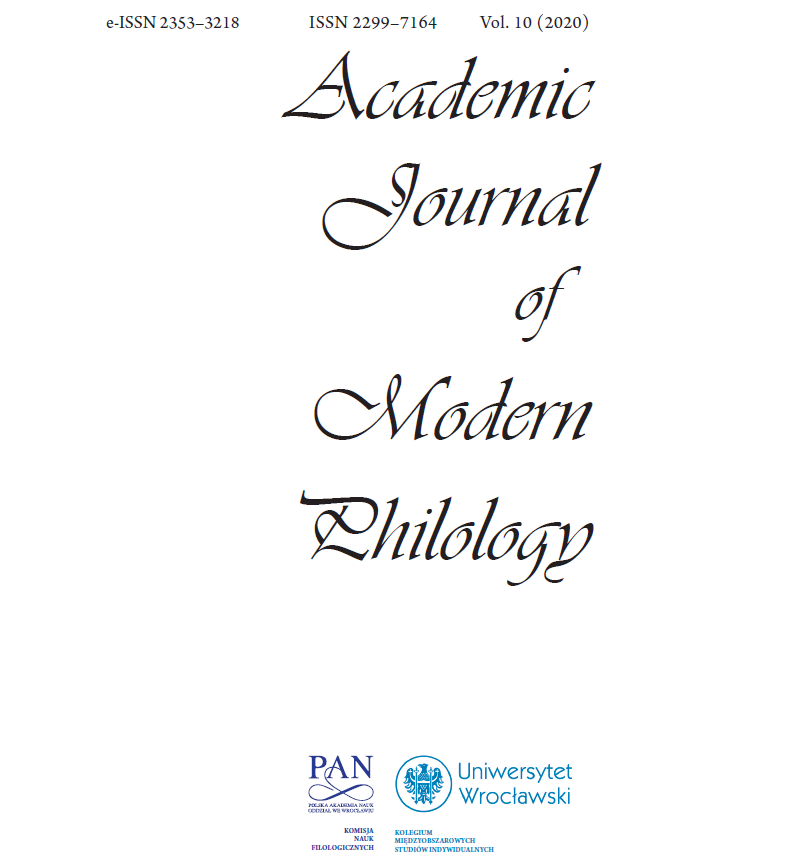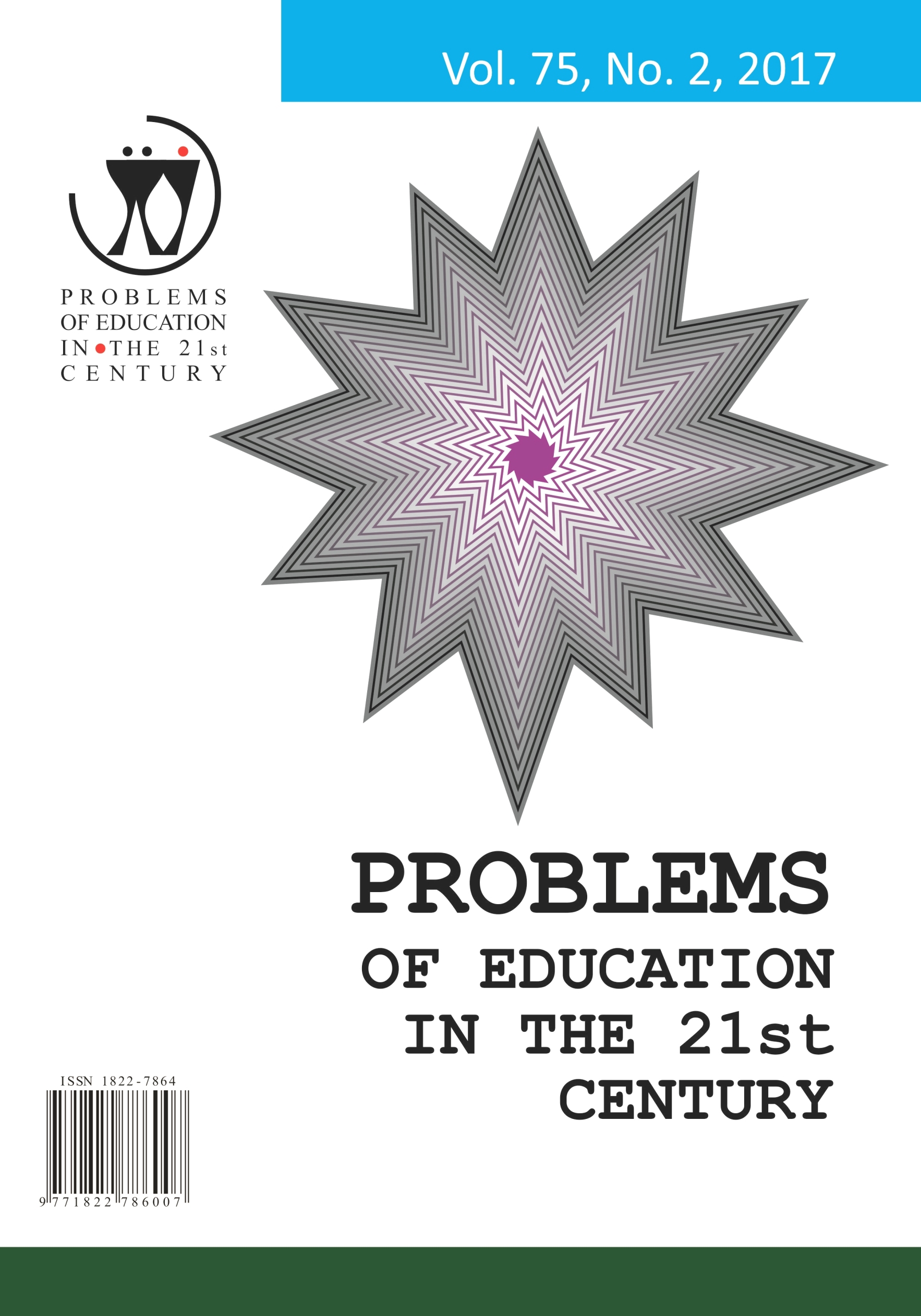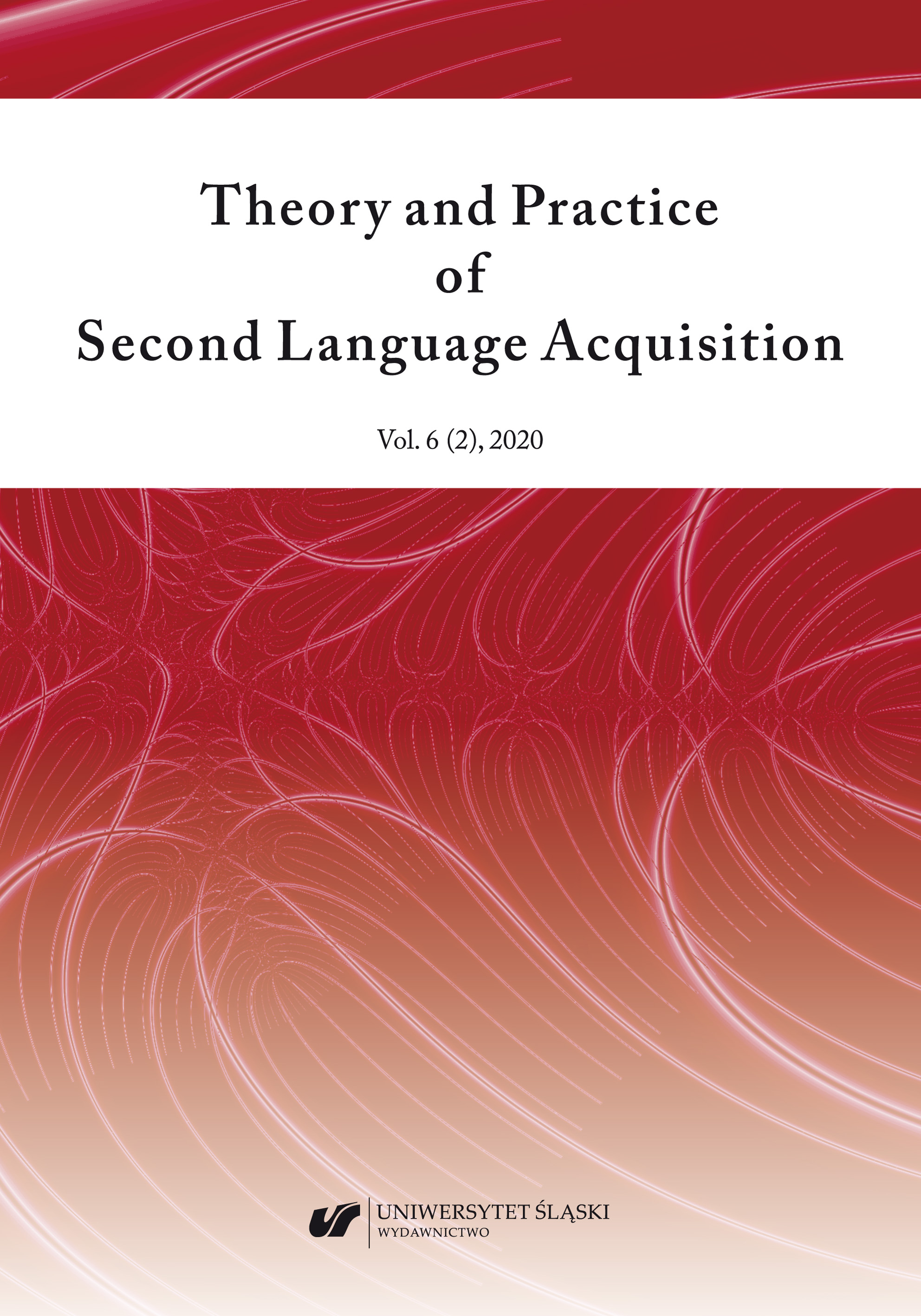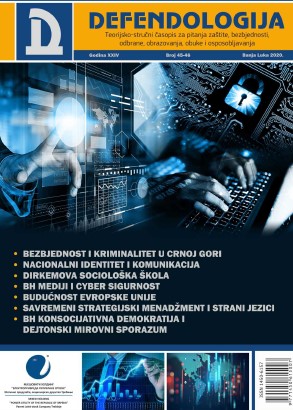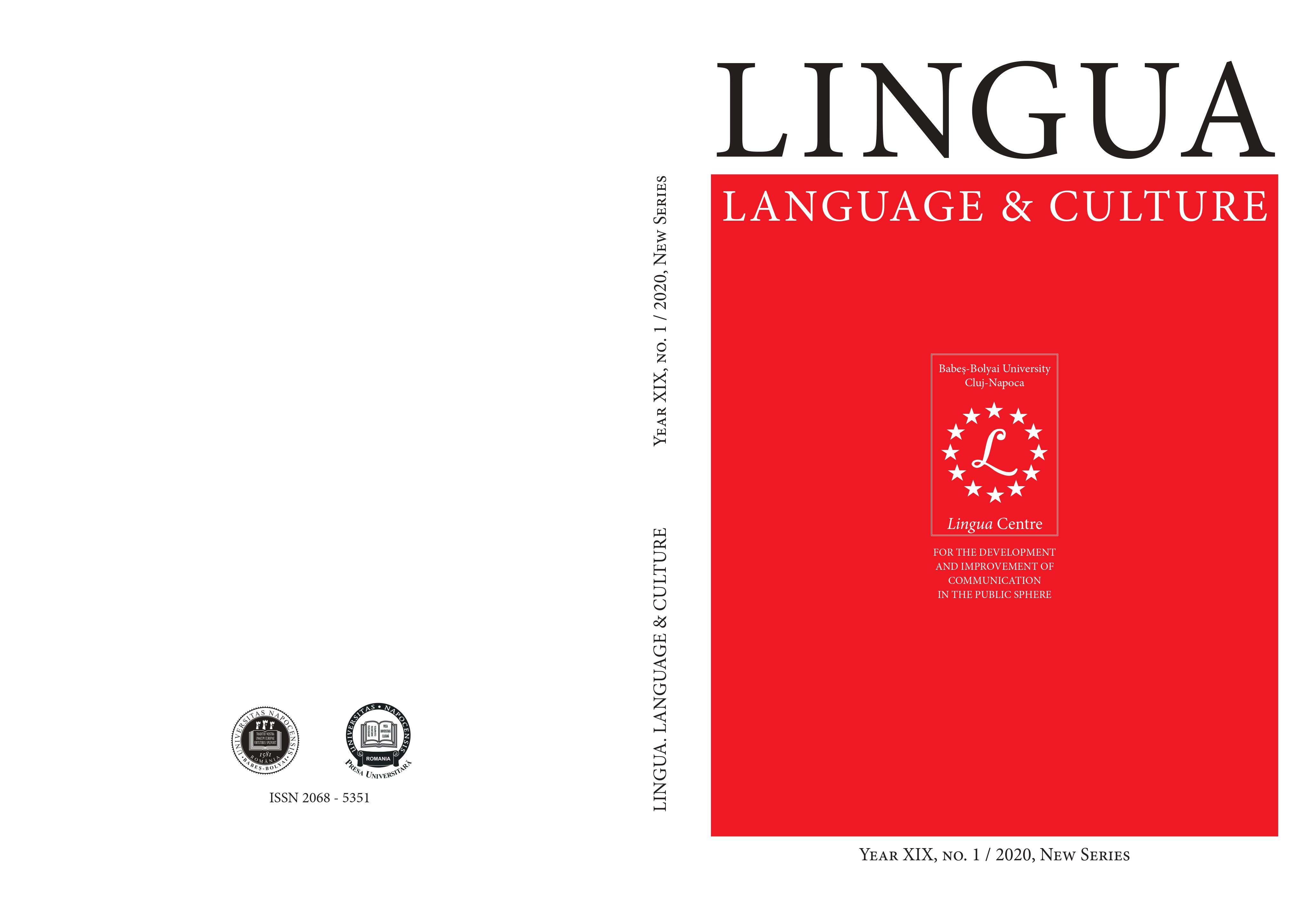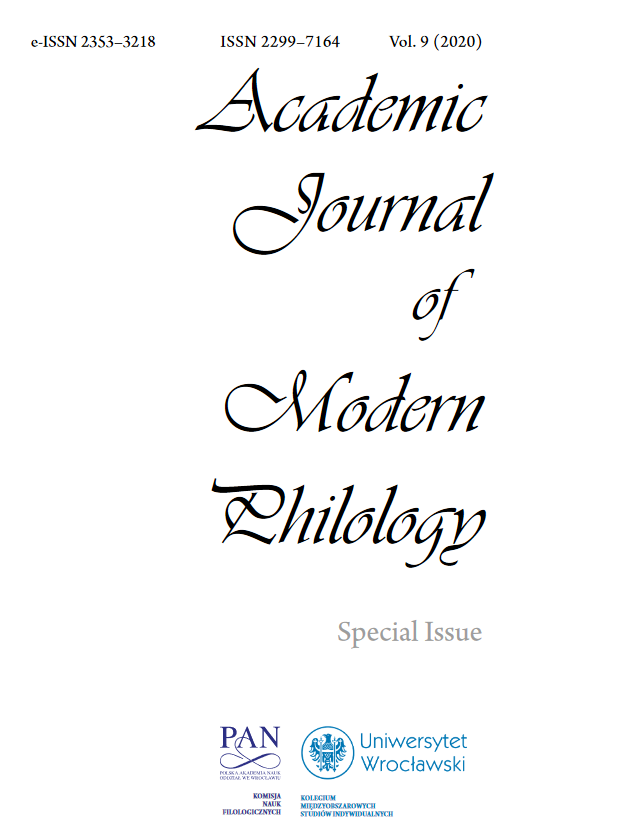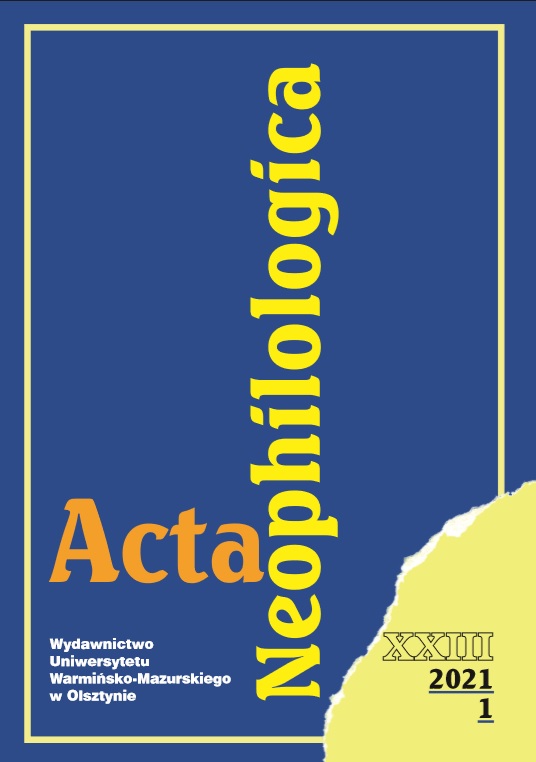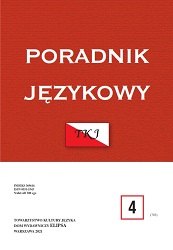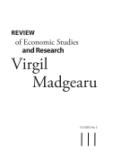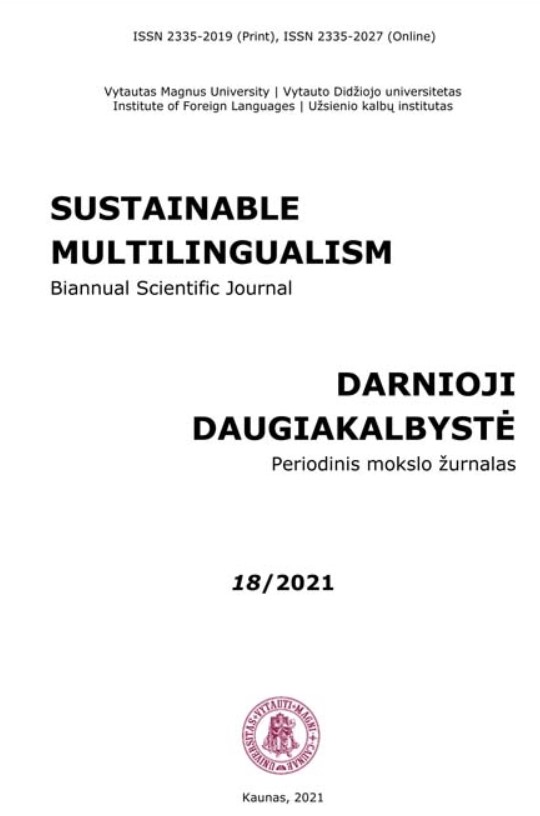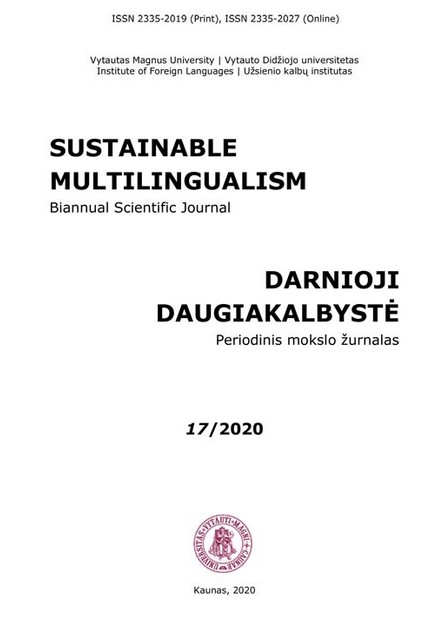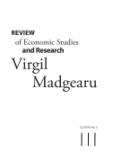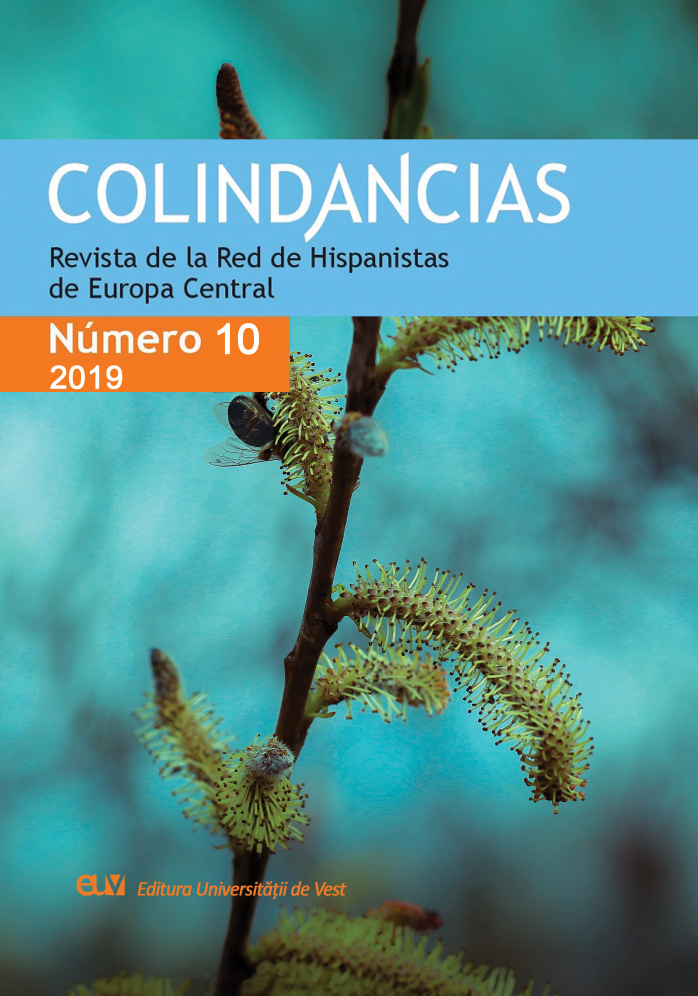
La relación del artículo con los demostrativos y los posesivos en función de los errores que cometen los estudiantes serbios de español
Resumen: En el presente trabajo se expone, en primer lugar, la relación del artículo determinado con los demostrativos debido a que estas dos clases de palabras están conectadas tanto desde el punto de vista diacrónico como desde el sincrónico. Se verá cómo los demostrativos están sujetos a condiciones de uso más restringidas, de ahí que el demostrativo pueda ser sustituido por el artículo definido, pero no siempre sea posible lo contrario. En segundo lugar, se abordan los contextos en los que el artículo debe aparecer en lugar del posesivo. Son contextos en los que el poseedor está reflejado en un constituyente externo al sintagma nominal definido. En tercer lugar, se ofrecen los resultados del análisis de los errores de falsa selección, análisis que se apoya en la tesis doctoral que la autora realizó investigando las redacciones de estudiantes serbios de español. Asimismo, se observará cómo la falsa selección de otro determinante en lugar del artículo determinado puede estar sujeta no solo a la interferencia del serbio, sino también a la interferencia de alguna lengua extranjera que el estudiante serbio conoce. Finalmente, se proponen procedimientos que sirven para subsanar los errores cometidos por los informantes serbios, basados en ambos métodos del análisis que la autora realizó: el análisis contrastivo y el análisis de errores. Abstract: In this paper we start by describing the relationship of the definite article with demonstratives, since these two types of word are connected, both diachronically and synchronically. We will see how demonstratives are subject to more restricted conditions of use, which means that the demonstrative can be replaced by the definite article, but the reverse is not always true. Secondly, we focus on the contexts in which the article should be used in place of the possessive. These are contexts in which the possessor is reflected in a component outside the defined noun phrase. In the third place, we offer the results of the analysis of the false selection errors, which constituted the base of the author’s doctoral thesis,carried out by examining essays written by 1st, 2nd, 3rd and 4th year Serbian students of Spanish. Likewise, we will observe that the incorrect selection of another determiner instead of the definite article can be due to not only the interference of Serbian but also the interference of any other foreign language that the Serbian student may be familiar with. Finally, we suggest possible procedures to eradicate the Serbian subjects’ errors, based on the two methods of analysis previously used by this author: contrastive analysis and error analysis.
More...
